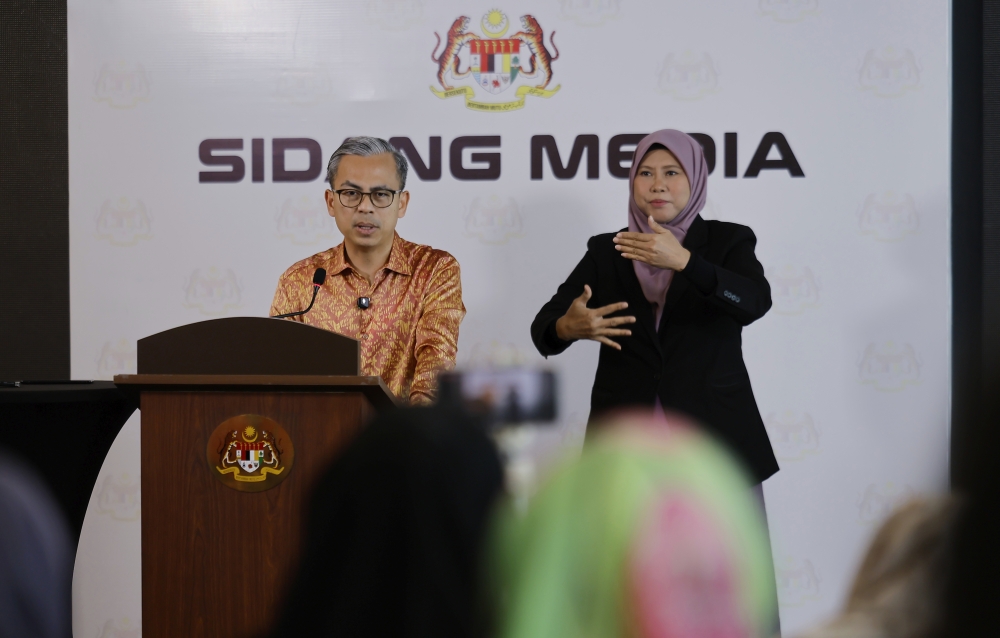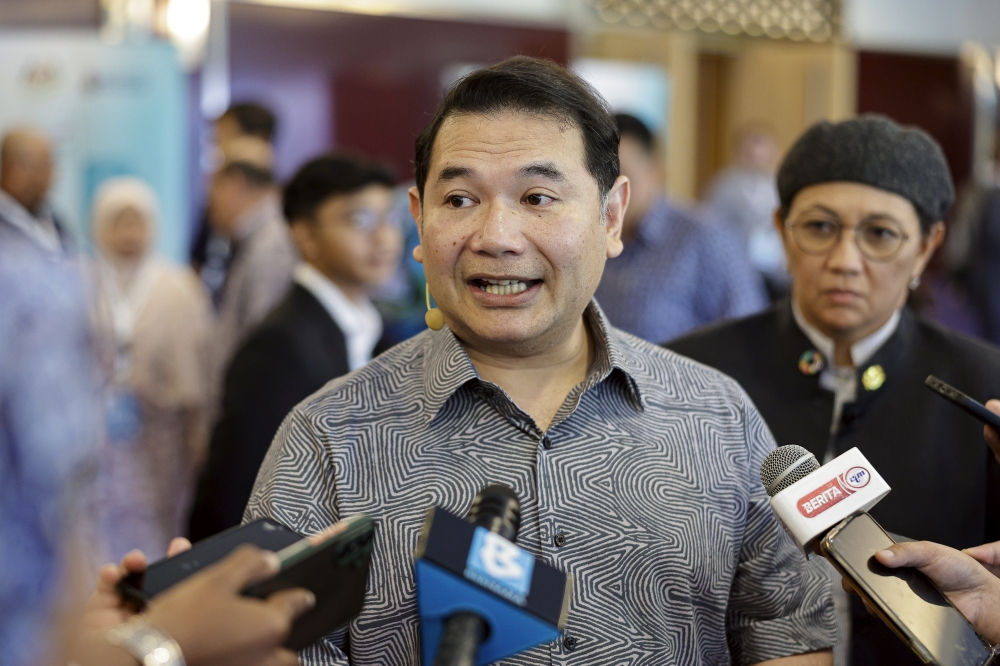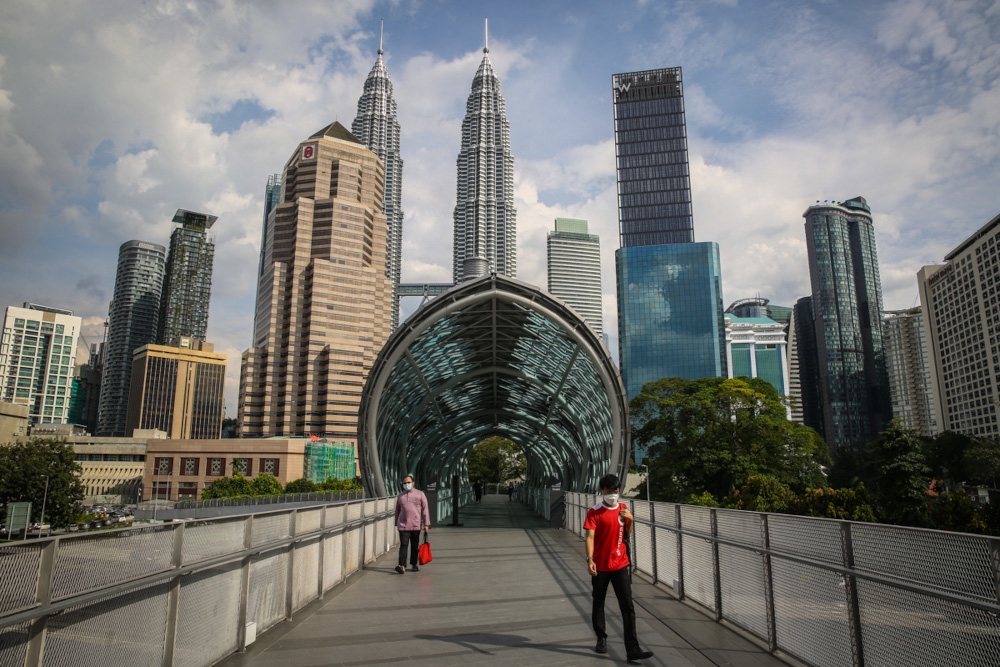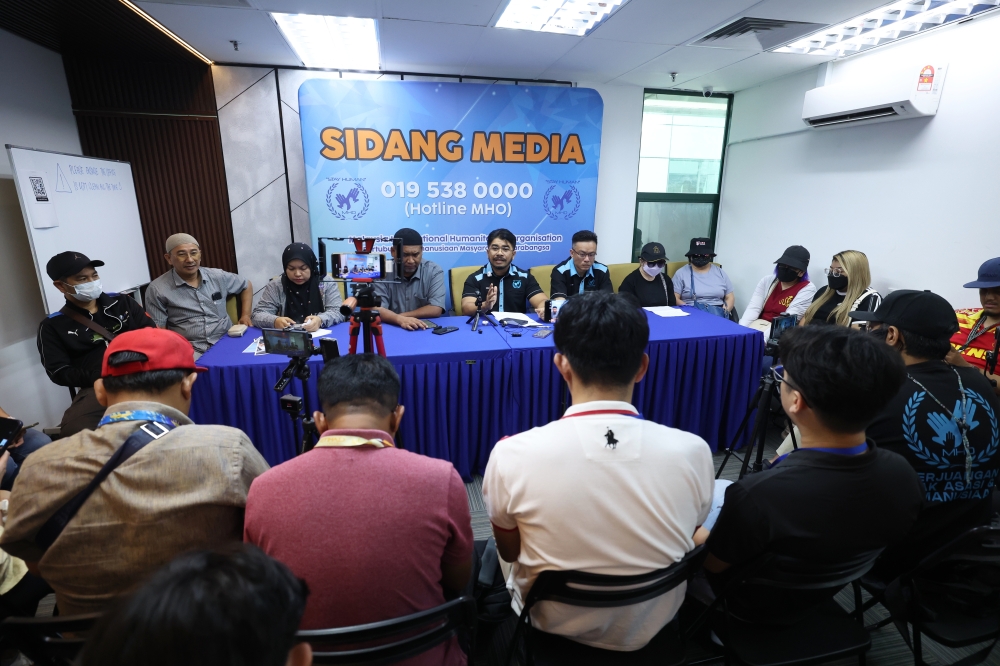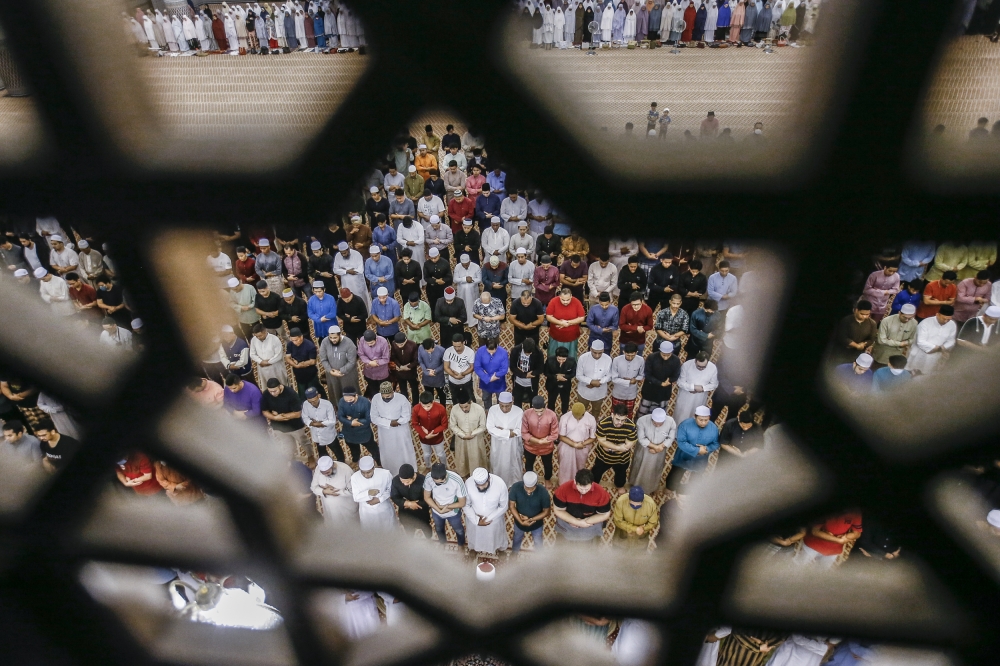JUNE 28 ― For far too long, misconceptions have surrounded the word “secularism.” Our own prime minister once said it is a threat to Islam and its followers. But what is it, really?
To many devout people, it might mean a firm rejection, or even hostility, of religion. To them, secularism is the adoption of rationality which will eventually lead to a rejection of faith because apparently, God forbids you to use the mind and logic you’ve been bestowed with.
It is not surprising that a lot of people think this of secularism. On the other end of the spectrum, there are also those people who think that religion is extremely conservative and is an obstacle to human progress and modernity. Because of that, it is a common idea in the West that secularism is antagonistic towards religion.
Our media also feeds off these Western depictions of militant atheists to represent secularism, planting into our heads that secularism will eventually lead to a godless and lawless land. Thus, the only way to refrain from this is to establish a theocratic nation.
This is not what secularism is about.
Secularism is profound respect for and acceptance of all religions, including people of non-faiths. Its aim is the peaceful co-existence of everyone regardless of language, race, or creed and should always carry principles of non-violence and inter-religious harmony.
Due to globalisation today, it is common for people of different creeds to be within close proximity, thus, it is important that we find urgency in establishing ways to communicate with one another with mutual acceptance and respect.
To some people, being around those who do not share their culture or faith can pose difficulties and might create fear and resentment, in worst cases, open hostility, and the idea of theocracy only state-sanctions that mentality.
History has shown us the uncomfortable truth that religious institutions and its adherents have exploited others at some point. Religion is commonly used as a pretext for conflict and oppression. A theocracy sees no separation between Church (or in Malaysia’s case, the Mosque) and state, thus criticising the government more than often is also seen as criticising and opposing the religion itself. Many Malaysian Muslims hold this belief that a secular democracy will erode Islamic values. However, this is not the case.
The meaning of secular is far from “godless.” In fact, secularism grants citizens freedom of/from religion. A state that is secular is neutral, however, but still abides by one rule: Your religion, beliefs, or lack thereof, must not harm others or be out to destroy the nation. A secular state is inclusive of everyone regardless of their faith.
Secularism is not death to religion. Keeping religion separate from the state does not mean it is out to destroy the existence of religion. A secular government is not devoid of morals and virtues, and contrary to theocratic belief, one does not need religion to have morals and virtues.
Being a multi-racial and multi-religious country, it is extremely important that Malaysia runs on a secular administration in order to maintain harmony among their citizens. A large part of us are non-Muslims after all. How do we expect peaceful co-existence when we try to convince our non-Muslim brethren that we are better than them spiritually and by making them succumb to a religious rule? Not only is this viewing them as inferior, this is also subjecting the country to double standards.
So what is best for our country? If you were to ask me, I’d pick secularism over theocracy any day.
* This is the personal opinion of the columnist.





